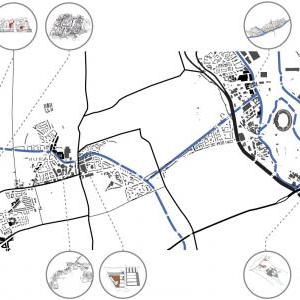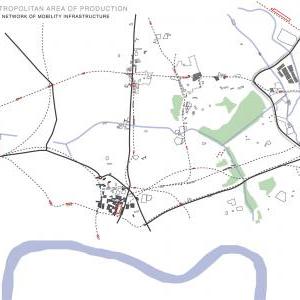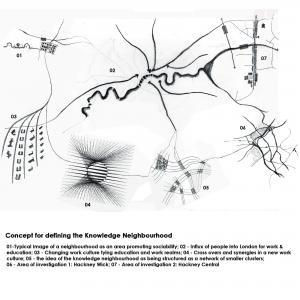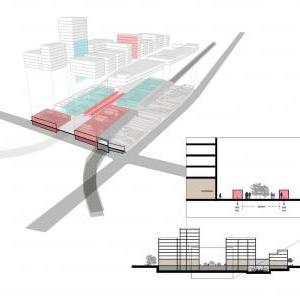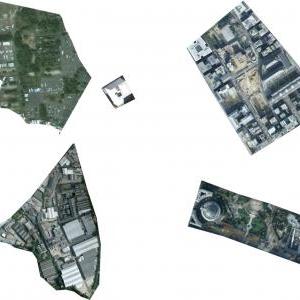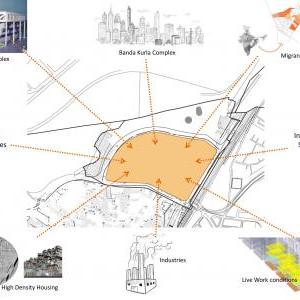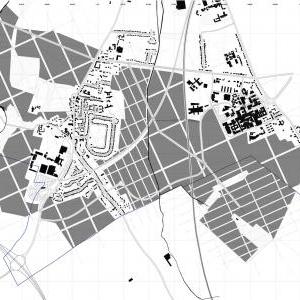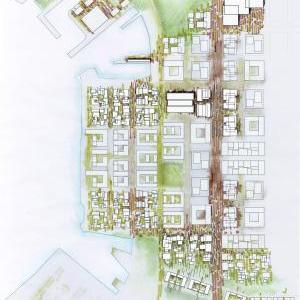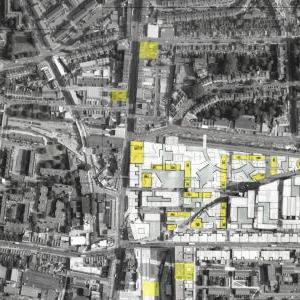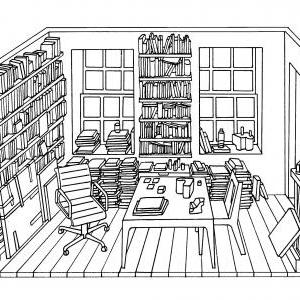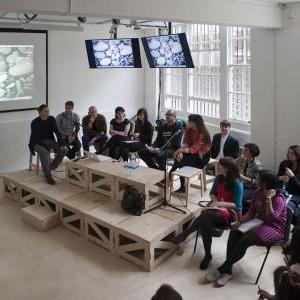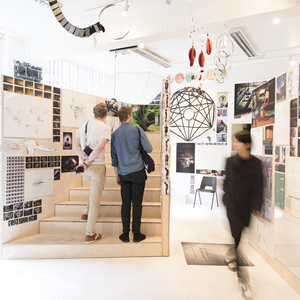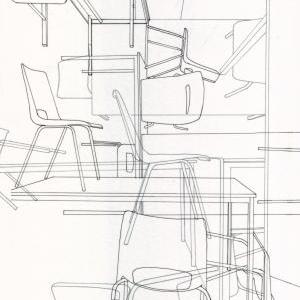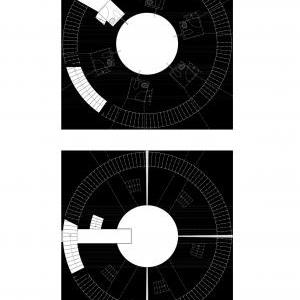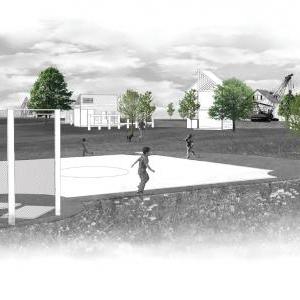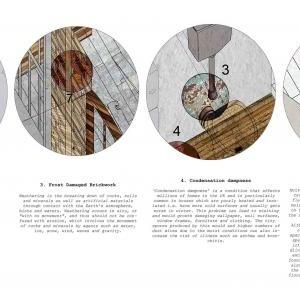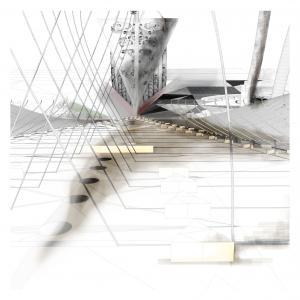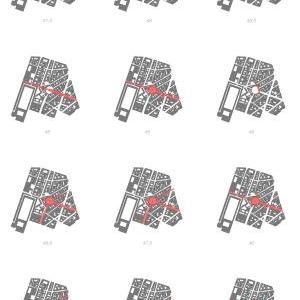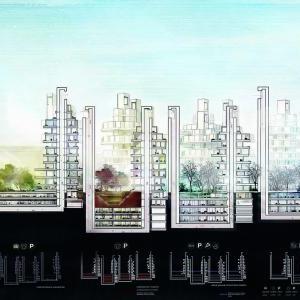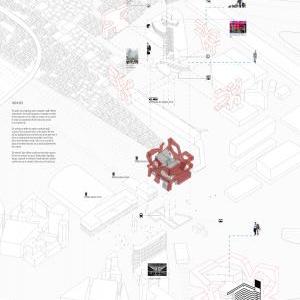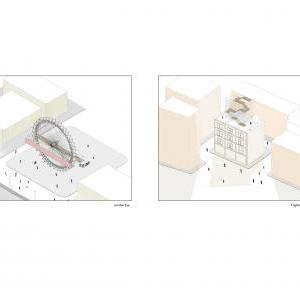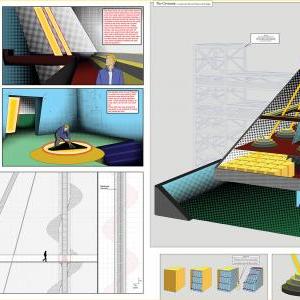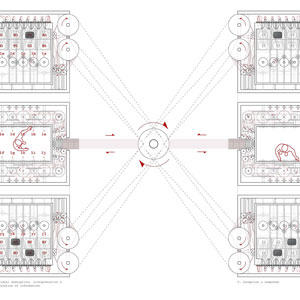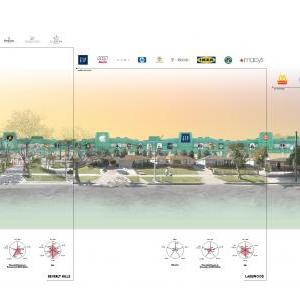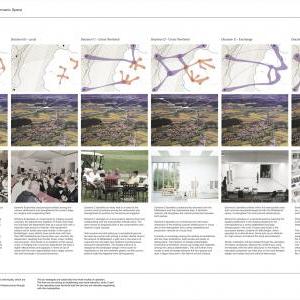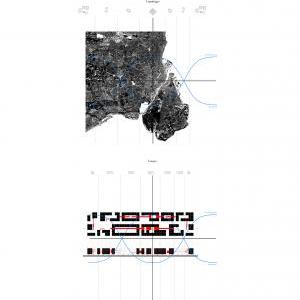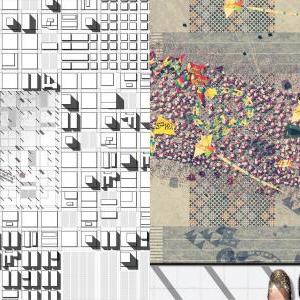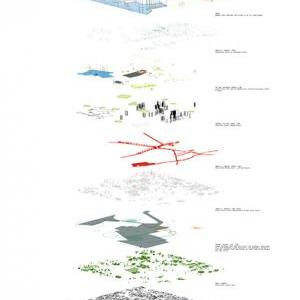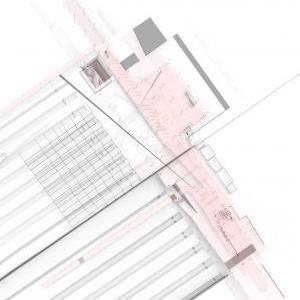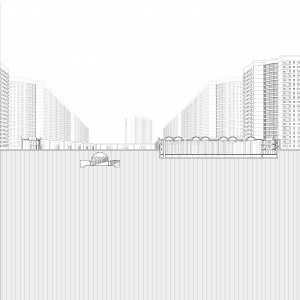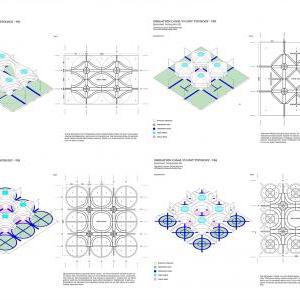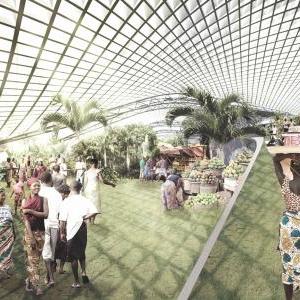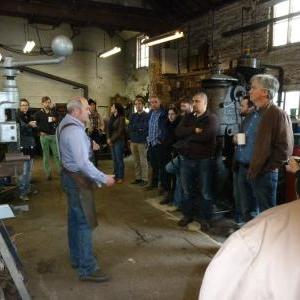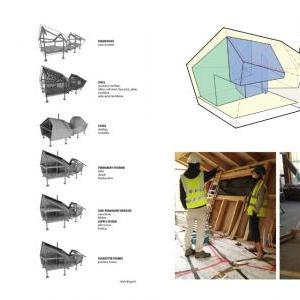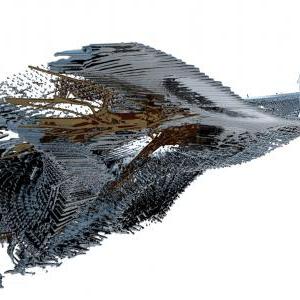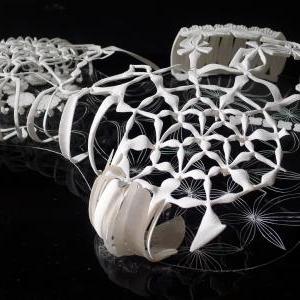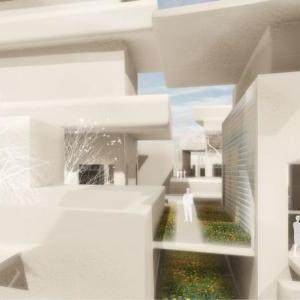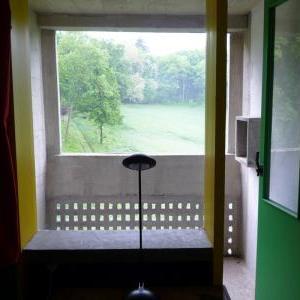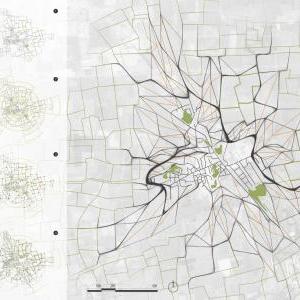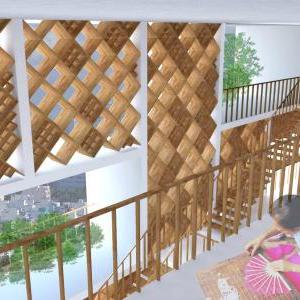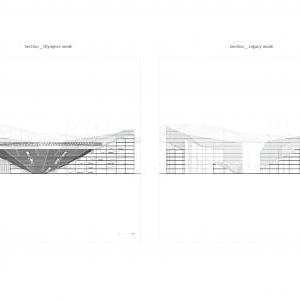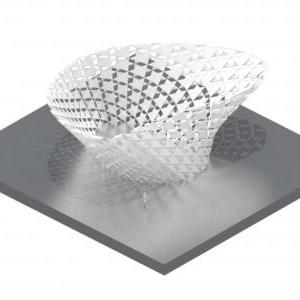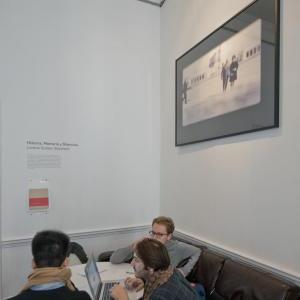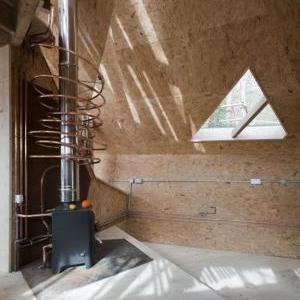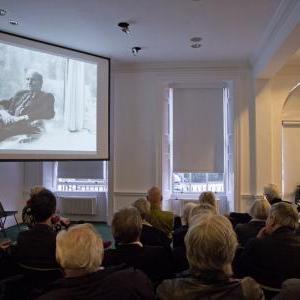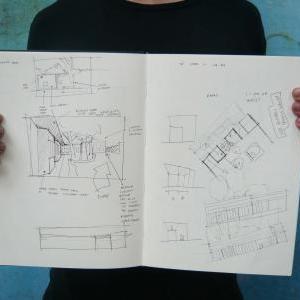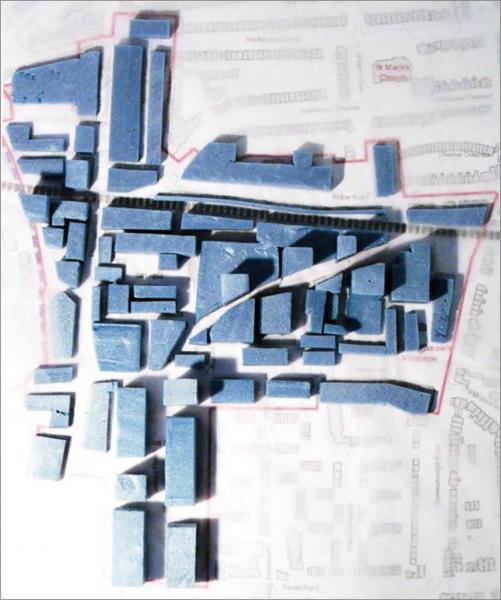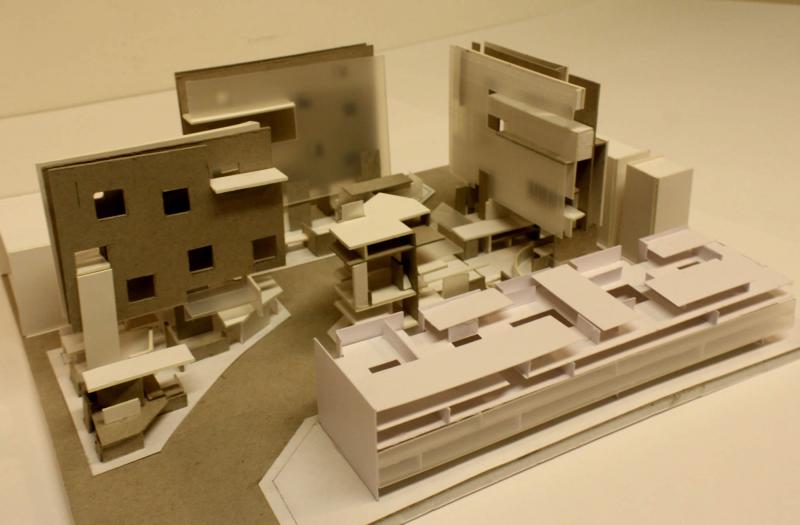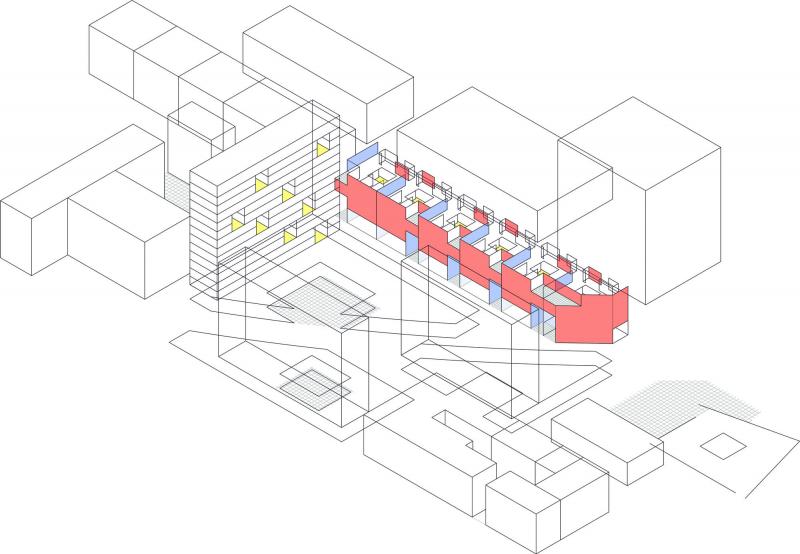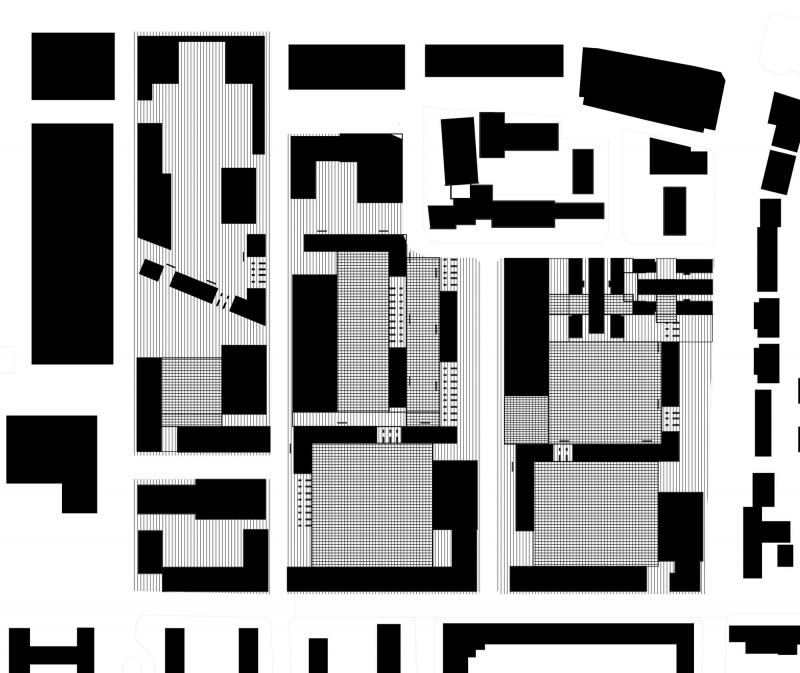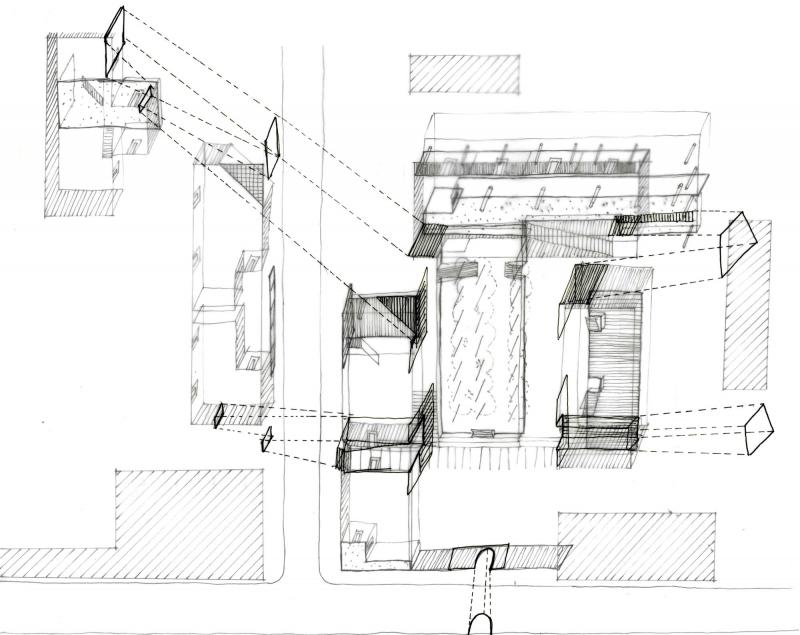The Housing and Urbanism Programme applies architecture to the challenges of contemporary urban strategies. Today’s metropolitan regions show tremendous diversity and complexity, with significant global shifts in the patterns of urban growth and decline. The programme investigates how architectural intelligence advises us to understand and respond to the changing urban condition. Housing is explored both as a major critical aspect of urbanism and as a means to reflect upon changing ideas of living space and domesticity, identity and public space.
Offering a 12-month MA and a 16-month MArch, the programme engages with cross-disciplinary research as well as applicable design work. It combines design workshops, lectures and seminars, and a final MA thesis or MArch project, which consists of detailed individual work. The programme explores the interplay between graphic tools and writing in order to develop ideas and research about the urban condition and to develop skills for intervening as urbanists through spatial design.
There are three current research themes of H&U work: the role of urbanism in enhancing ‘innovation environments’ and ‘knowledge-based’ clusters; the idea of living space and housing, along with issues of mix, density and urban intensification in which architecture is viewed dynamically in relation to a process of urbanisation; and the exploration of an appropriate urbanism that address irregularity and informality allowing engagement with the interaction of spatial strategies and urban social policies.
This year’s design workshops have taken place in the Fitzrovia area of central London; in the Lea Valley in east London; and in Taiwan – collaborating with the National Cheng-Kung University. These design workshops have addressed the processes of urban development related to knowledge-based economies, and the potential for synergies between existing and new urban cultures. The programme’s work was complemented by a study visit to the Netherlands.
As with previous years, the work of the H&U programme forms the foundation for international collaborations and publications.
MArch theses - The Patio
Processes of migration and urban growth have been changing the urban landscape of cities since the beginning of the 20th century. The deployment of the high-rise tower as an impulse to the necessity of densification has been the response for decades. Cities in countries experiencing prodigious economic growth - like Shanghai, Beijing, Seoul and Lima - are seeing the existing urban fabric and inherent synergies being eroded to make way for a serialization of standardized high-rise towers. If we acknowledge these spatial processes of verticalization are not going to be reversed, the relationship between our new living and work spaces should address the questions of how to reinterpret the successful qualities of the previous horizontal models in a changing urban fabric. This thesis looks critically into the role of tall buildings and their ability to manage density while creating productive environments, a key concern within the formation of contemporary neighbourhoods. The research is an exploration into thinking spatially about improving the definition of space while creating productive relationships amongst the existing and emerging fabric. We argue that the patio - a collective element which is spatially fixed yet programmatically undefined - has the properties to deliver this, and do three tests of this approach.
